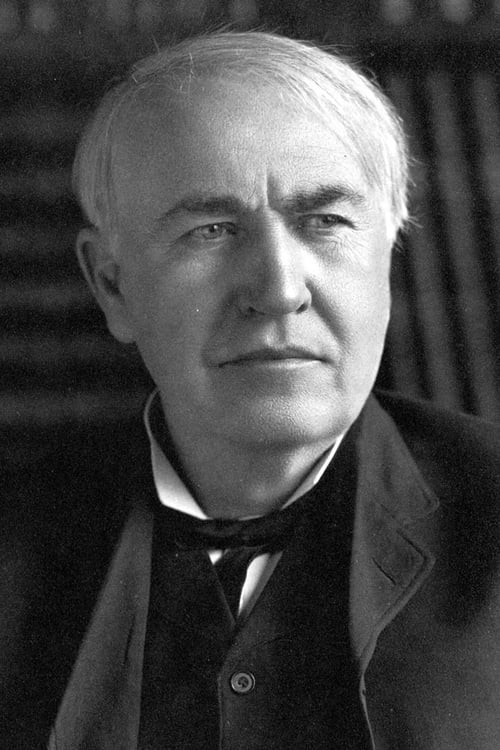
Thomas Alva Edison (February 11, 1847 – October 18, 1931) was an American inventor and businessman who has been described as America's greatest inventor. He developed many devices in fields such as electric power generation, mass communication, sound recording, and motion pictures. These inventions, which include the phonograph, the motion picture camera, and the long-lasting, practical electric l...
Explore all movies appearances
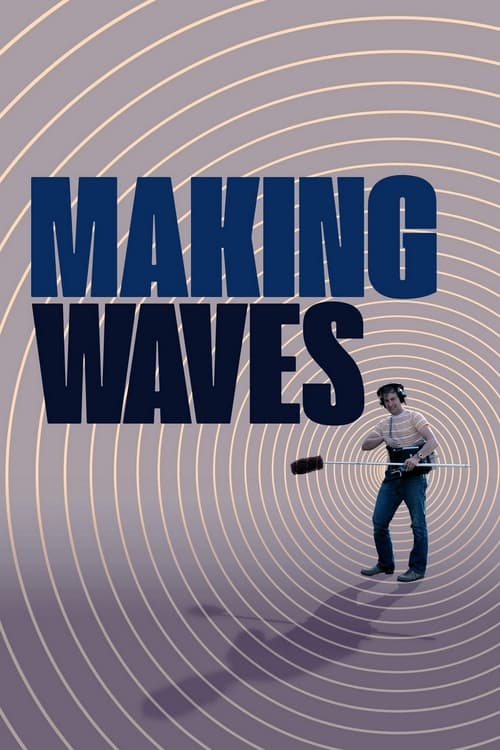
The history of cinematic sound, told by legendary sound designers and visionary filmmakers.
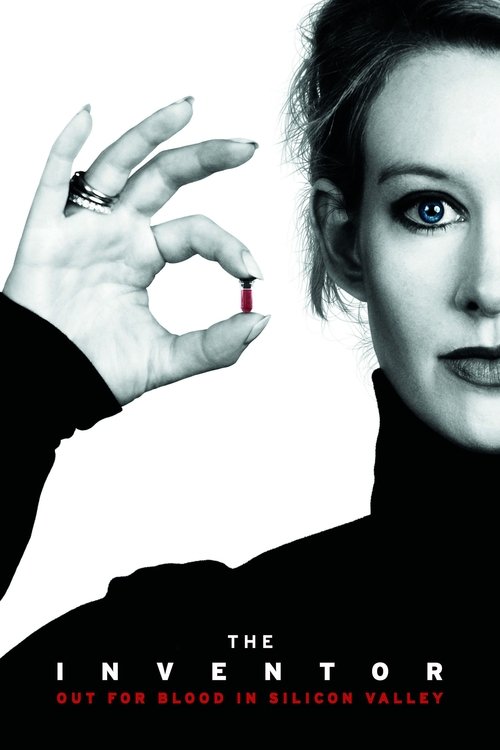
With a magical new invention that promised to revolutionize blood testing, Elizabeth Holmes became the world’s youngest self-made billionaire, heralded as the next Steve Jobs. Then, overnight, her 10-billion-dollar company dissolved. The rise and fall of Theranos is a window into the psychology of fraud.
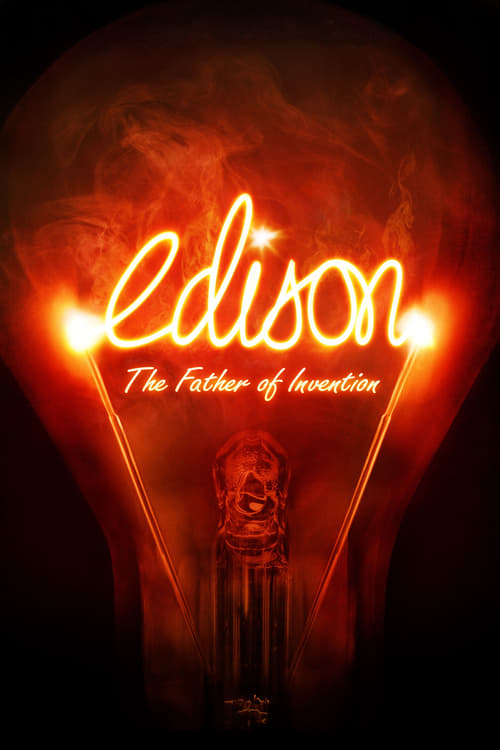
By the time he died in 1931, Thomas Alva Edison was one of the most famous men in the world. The holder of more patents than any other inventor in history, Edison had achieved glory as the genius behind such revolutionary inventions as sound recording, motion pictures, and electric light. Born on the threshold of America's burgeoning industrial empire, Edison's curiosity led him to its cutting edge. With just three months of formal schooling, he took on one seemingly impossible technical challenge after another, and through intuition, persistence, and a unique team approach to innovation, invariably solved it. Driven and intensely competitive, Edison was often neglectful in his private life and could be ruthless in business. Challenged by competition in the industry he'd founded, Edison launched an ugly propaganda campaign against his rivals, and used his credibility as an electrical expert to help ensure that high-voltage electrocution became a form of capital punishment.
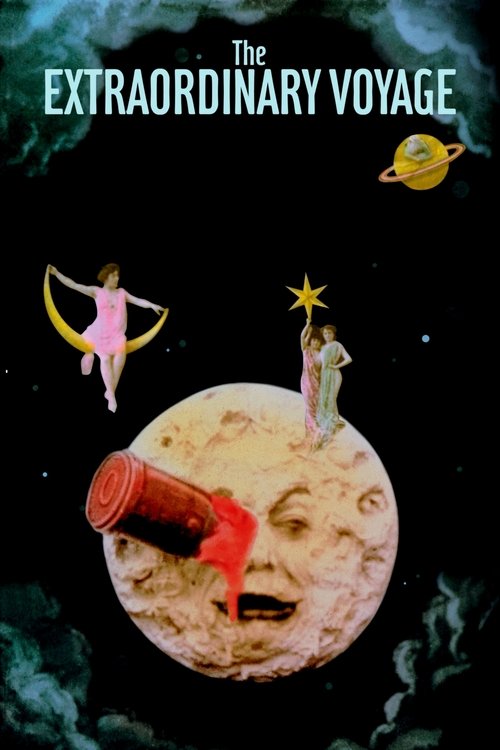
An account of the extraordinary life of film pioneer Georges Méliès (1861-1938) and the amazing story of the copy in color of his masterpiece A Trip to the Moon (1902), unexpectedly found in Spain and restored thanks to the heroic efforts of a group of true cinema lovers.
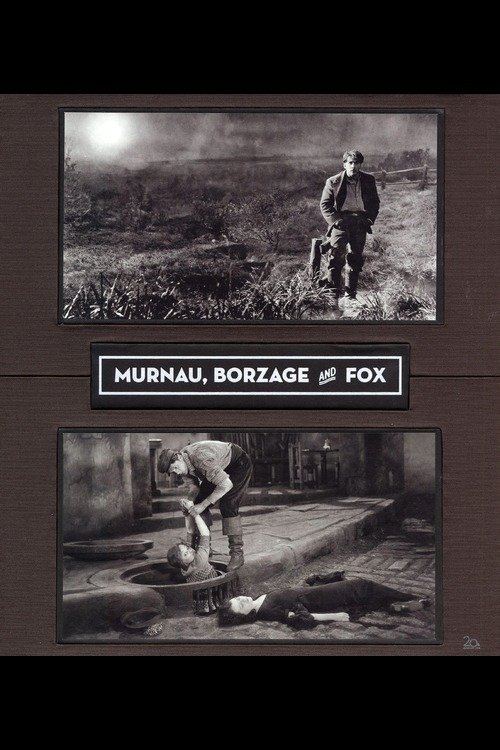
Documentary focusing on the film careers F.W. Murnau, Frank Borzage and William Fox and their impact on the history of cinema.
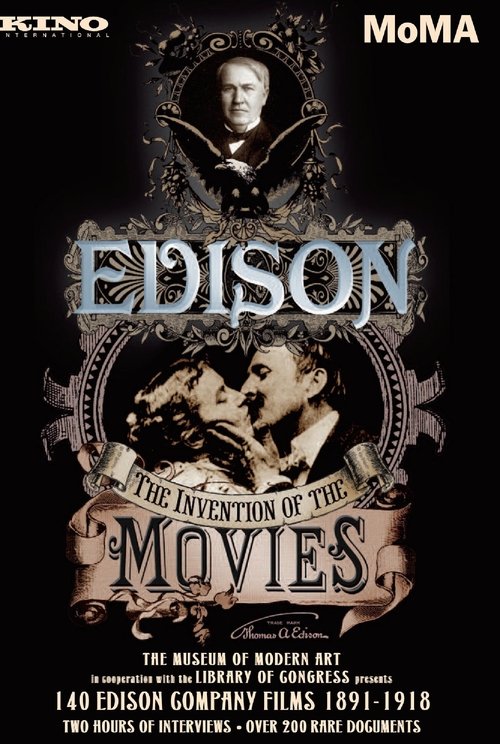
A history of the Edison Company, the pioneering film production company begun by Thomas A. Edison. Included are more than 140 complete films produced by the company between 1891 and 1918, along with interviews with film historians and archivists, and commentary by Charles Musser, a noted film historian and authority on the films of the Edison Company.

A visual montage portrait of our contemporary world dominated by globalized technology and violence.
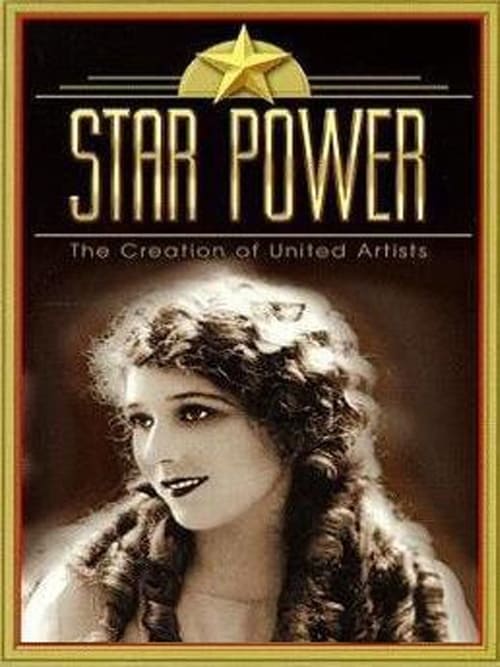
The careers of D.W. Griffith, Mary Pickford, Douglas Fairbanks, and Charlie Chaplin are chronicled culminating in the formation of United Artists and 1919.
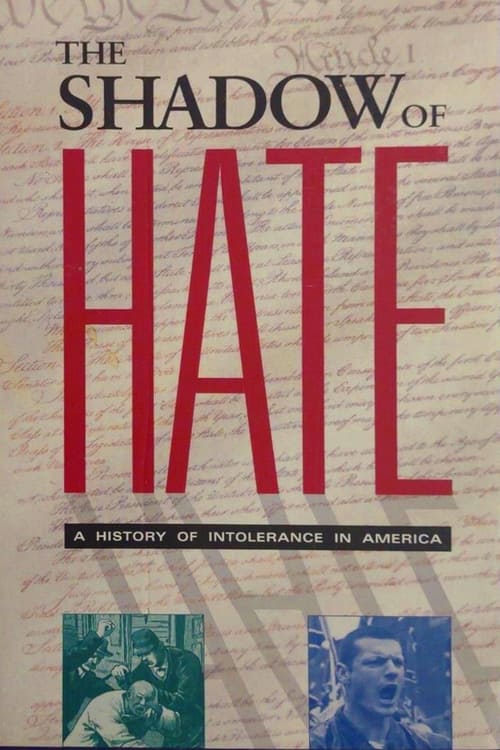
The film expresses the history of oppression, discrimination, violence and hate in America. It was nominated for an Academy Award for Best Documentary Short.
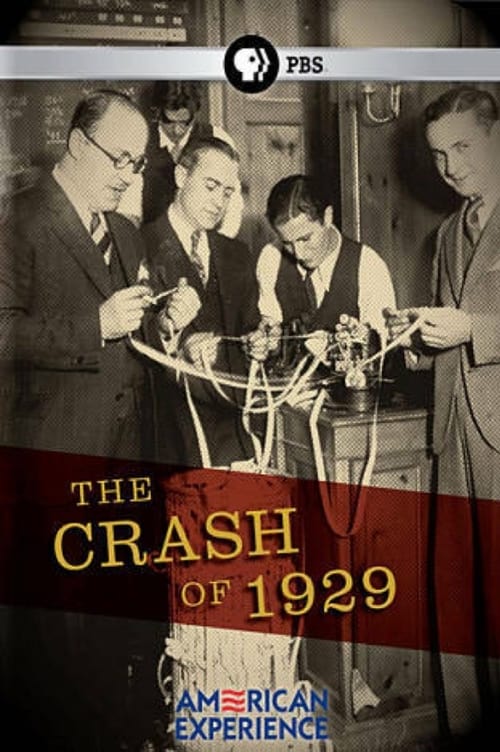
Based on eight years of continued prosperity, presidents and economists alike confidently predicted that America would soon enter a time when there would be no more poverty, no more depressions -- a "New Era" when everyone could be rich. But when reality finally struck, the consequences of such unbound optimism shocked the world.
Subscribe for exclusive insights on movies, TV shows, and games! Get top picks, fascinating facts, in-depth analysis, and more delivered straight to your inbox.